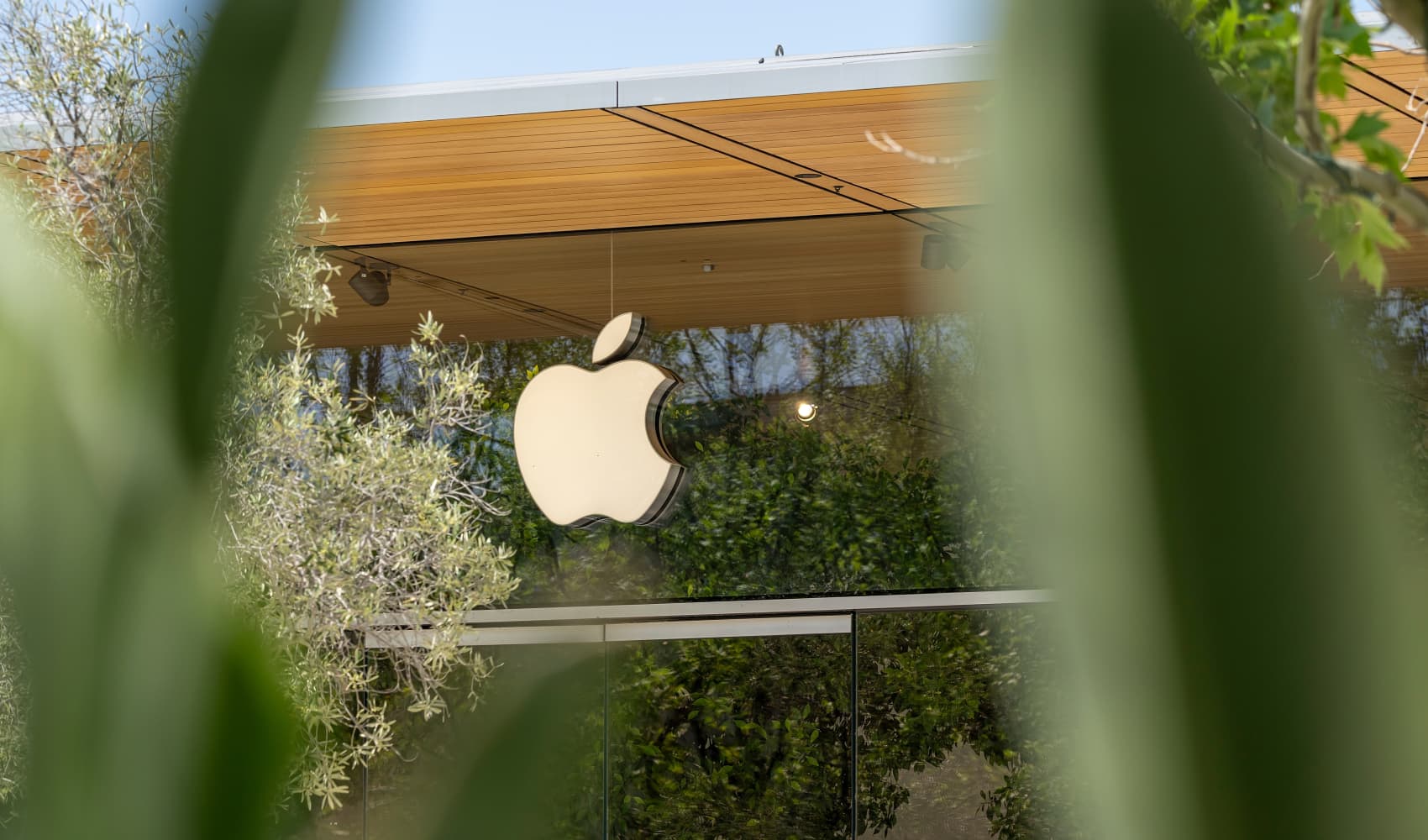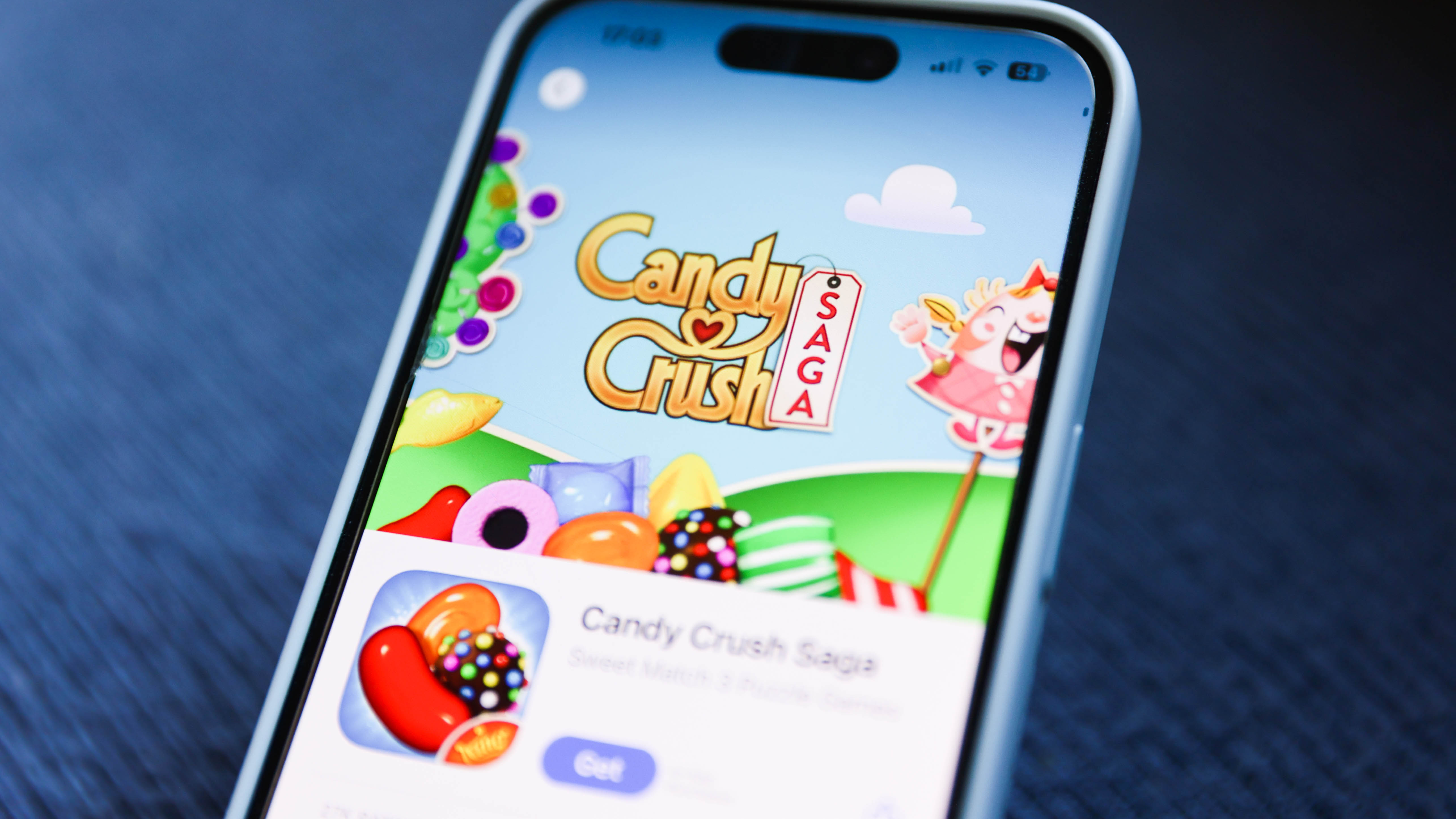Apple Faces Huge Costs: Epic Games Contempt Ruling Explained
Apple's App Store Showdown: Contempt Ruling Could Trigger Massive Costs
Introduction: The Epic Games Saga Continues
The battle between Apple and Epic Games just took another twist! Remember when Epic Games, the creators of Fortnite, went toe-to-toe with Apple over App Store policies? Well, the drama isn't over. Apple is now facing the potential for "substantial sums" in costs due to a recent court ruling finding them in contempt of court. This could mean big changes for the app economy. Think of it like this: it's like a chess match where each move has huge financial implications for everyone involved.
Apple's Plea for a Pause: What's Going On?
Apple isn't taking this lying down. They're asking a court to pause a previous decision in their case against Epic Games. Specifically, they want to continue charging commission on in-app transactions that link out for payment. Why? Because they believe they're entitled to it, and that stopping this commission could lead to significant financial losses. It's like a landlord wanting to collect rent; they feel they're owed the money for the services they provide.
Blocking the Ban: Controlling the App Store Experience
But it doesn't stop there! Apple is also looking to put a hold on a ban that prevents them from restricting app developers from choosing the language or placement of those links within their apps. Essentially, Apple wants to maintain control over the user experience and how developers guide users to make purchases. Imagine if you owned a store, and someone told you you couldn't decide how products were displayed – that's how Apple likely feels.
The Stakes are High: Reshaping the App Economy
If Apple succeeds in their efforts, it would allow them to essentially roll back changes that have already started to shift the economics of app development. This has enormous implications for developers, consumers, and the future of the App Store. Are we on the verge of a complete reversal of fortune, or will the courts stand their ground? It is like a dam that could burst and flood the entire landscape.
Judge Rogers' Ruling: A Recap
Last month, U.S. District Judge Yvonne Gonzalez Rogers in Oakland found that Apple had violated her original court order from the Epic trial, which was initially decided in 2021. The original ruling forced Apple to make limited changes to its linking out policy under California law. So, this isn't just a new fight; it's a continuation of a long-standing battle.
The Heart of the Matter: What's at Stake for Apple?
What exactly is Apple fighting for? The core issue is Apple's control over the App Store and the commissions it charges on in-app purchases. These commissions are a significant source of revenue for Apple. Allowing developers to bypass these commissions would significantly impact Apple's bottom line.
The Impact on Developers: A New Era of Flexibility?
For app developers, the ability to link out to alternative payment methods is a game-changer. It gives them more control over their revenue and allows them to offer potentially lower prices to consumers. Imagine being able to set your own prices without having to give a cut to someone else - that's what developers are hoping for.
What Does This Mean for Consumers?
Consumers could potentially benefit from lower prices and more choices if developers are able to offer alternative payment options. This could lead to a more competitive app market, ultimately benefiting users. A more competitive market could lead to innovation and overall higher quality for apps.
The Legal Battleground: A Complex Landscape
The legal arguments in this case are complex and nuanced. Both Apple and Epic Games have strong legal teams arguing their respective positions. It's a battle of legal titans, with each side trying to outmaneuver the other.
The Concept of Contempt: What Does it Mean?
Being held in contempt of court is a serious matter. It means that a party has failed to comply with a court order. In this case, the court found that Apple hadn't fully complied with the original ruling regarding linking out policies.
The Definition of “Linking Out” for Payments
What exactly does "linking out for payments" mean? It refers to the ability of app developers to include links within their apps that direct users to external websites or payment platforms where they can complete transactions, bypassing Apple's in-app purchase system. It is an attempt to avoid having to pay Apple's 30% commission.
The Future of the App Store: A Turning Point?
This case could be a turning point for the future of the App Store. Depending on the outcome, it could lead to significant changes in how apps are distributed and monetized. Is the App Store as we know it on the verge of a major transformation?
Alternative Payment Systems: The Disruptive Potential
The emergence of alternative payment systems is disrupting the traditional app store model. These systems offer developers more flexibility and control over their revenue. The established methods are being challenged, and the potential outcome is a shifting landscape.
Apple's Perspective: Maintaining Control and Security
From Apple's perspective, maintaining control over the App Store is essential for ensuring security, privacy, and a consistent user experience. They argue that their commission structure is necessary to fund these efforts. They also maintain it helps provide a safe and secure environment for consumers.
The Long-Term Implications: A Ripple Effect
The outcome of this case could have far-reaching implications beyond Apple and Epic Games. It could set a precedent for other app store operators and developers around the world. It's like the first domino in a chain; its fall could set off a series of other events.
Conclusion: The Stakes and the Unknown Future
The dispute between Apple and Epic Games is far from over. Apple is seeking to pause a court ruling that found them in contempt of court, which could potentially cost them substantial sums. They want to continue charging commissions on in-app transactions that link out for payment and maintain control over how developers present these links. This fight has massive implications for developers, consumers, and the future of the App Store. Whether Apple succeeds in their efforts or the courts hold firm remains to be seen, but one thing is clear: the app economy is at a critical juncture.
Frequently Asked Questions
- What is the main point of contention between Apple and Epic Games?
The central issue is Apple's control over the App Store and its commission fees on in-app purchases. Epic Games wants to bypass these fees by allowing developers to use alternative payment systems.
- What does it mean for Apple to be found in contempt of court?
It means the court believes Apple failed to comply with a previous order related to allowing developers to link out to alternative payment methods.
- How could this case impact app developers?
If Epic Games prevails, developers could gain more control over their revenue and offer potentially lower prices to consumers by using alternative payment options.
- What potential benefits could consumers see as a result of this case?
Consumers might benefit from lower prices, more choices, and increased competition within the app market if developers are allowed to use alternative payment methods.
- What are the potential long-term consequences of this legal battle?
The outcome of this case could set a precedent for other app store operators and developers worldwide, potentially reshaping the app ecosystem and how apps are monetized.


